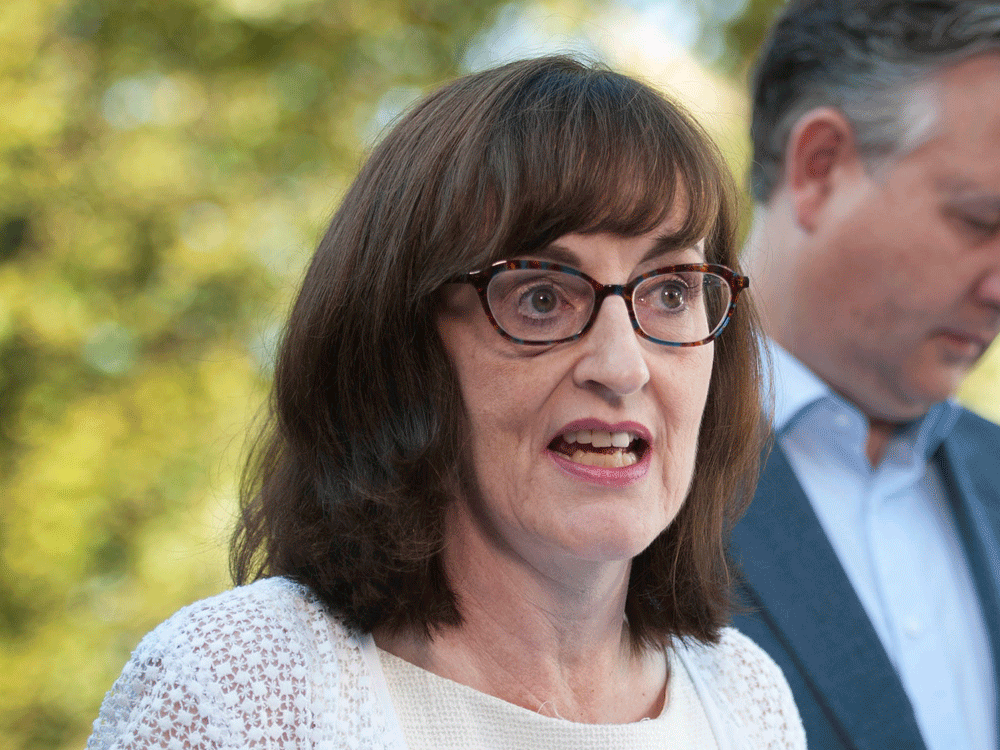Article content continued
The public-health department of Peel region west of Toronto said Wednesday it typically manages to reach contacts within 24 to 48 hours of a case being identified.
At the peak of the pandemic the unit had 237 staff doing contact tracing, though that number had dwindled to 190 by the end of June, said a department spokesman.
When someone defies public-health authorities, though, the process stalls.
Haldimand-Norfolk, a largely rural area southwest of Toronto, has had to issue isolation orders in 100 cases out of about 4,000 people it’s asked to quarantine through contact tracing, said the recent decision by the Health Services Appeal and Review Board.
Macauley couldn’t be reached and the health unit did not respond to requests for comment, but the ruling offers a unique glimpse into how the system works, or in this case did not work.
The contact between Macauley and a COVID-19-positive individual actually occurred in the Niagara region, whose officials passed on the information to Haldimand-Norfolk. That eventually led to Macauley’s refusal and the isolation order under Ontario’s Health Protection and Promotion Act.
Macauley argued that his contact with the index case was minimal — he said he was inside her house for half an hour and outside it for another 90 minutes — and had tested negative.
But the unit’s medical officer of health, Dr. Shanker Nesathurai, told the board that about 20 per cent of negative tests are false negatives — either because of error or the test being conducted too soon or too late in the course of the disease — so contacts are required to quarantine as a precaution.
Macauley also claimed to be “harassed and targeted” by the health unit, and “questioned the existence of the pandemic,” said the appeal board ruling.
“The appellant did not provide evidence to support his viewpoint,” said the decision drily. “The appeal board finds that there is no basis upon which we might reach a conclusion that there is no pandemic or that COVID 19 is not highly contagious or easily transmissible.”
• Email: tblackwell@postmedia.com | Twitter: tomblackwellNP

